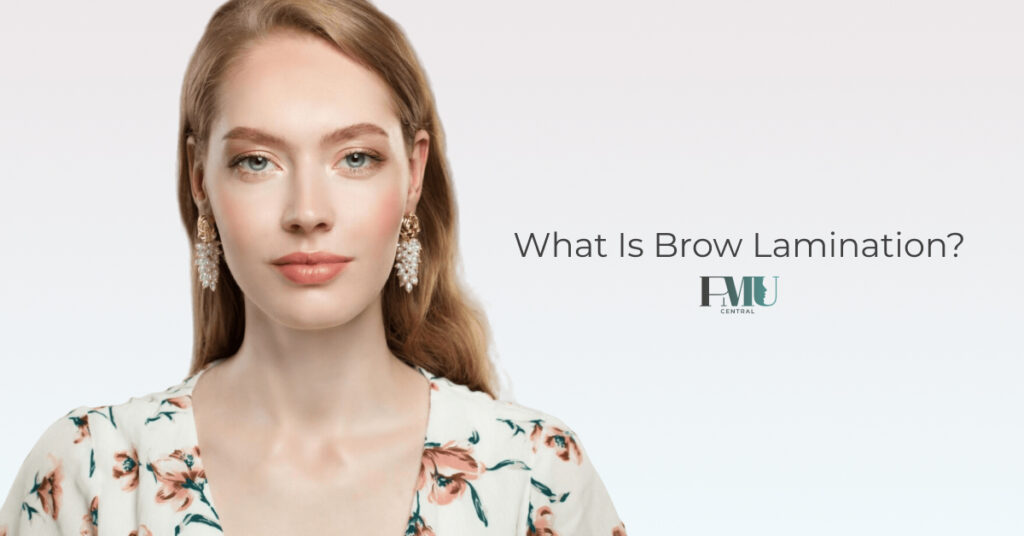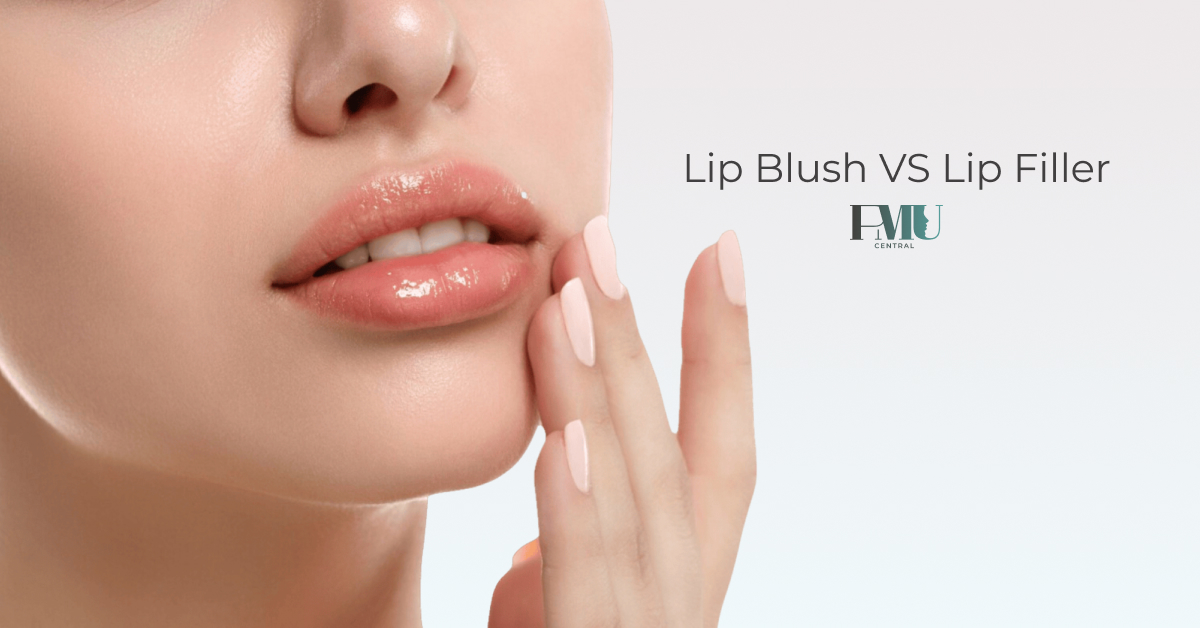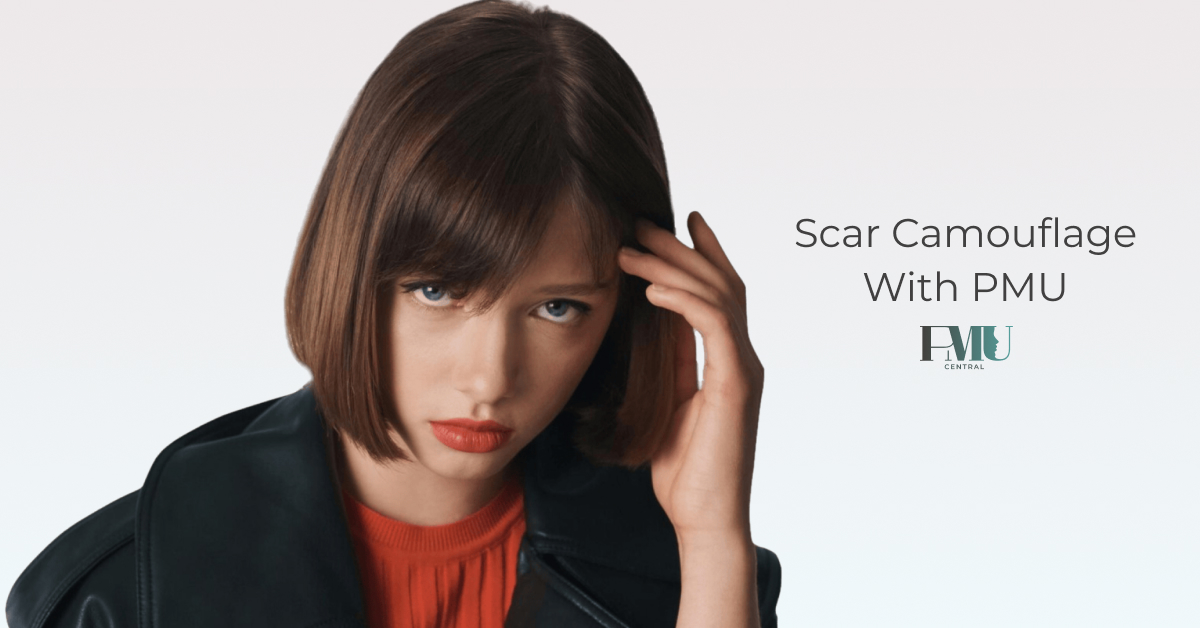
Understanding Brow Lamination
As the beauty industry continues to evolve, PMU artists are constantly innovating, introducing new trends that captivate their clientele. Brow lamination has emerged as a promising alternative to microblading, gaining significant traction in the market. In this article, we’ll delve into the dynamics of brow lamination and its impact on the traditional microblading landscape.
The Chemistry Behind Brow Lamination
Brow lamination, unlike microblading, relies on a chemical process rather than needles and pigments. This innovative procedure straightens, lifts, and tints individual brow hairs, offering results similar to microblading but without permanence. Affordable, with prices up to $100, and approximately six weeks, brow lamination is enticing to many as a cost-effective alternative.
Testing the Waters: Brow Lamination Before Microblading
An interesting trend is emerging where individuals contemplating microblading opt for brow lamination first. With the desire for Instagrammable brows on the rise, brow lamination becomes a trial run before committing to the long-lasting effects of microblading. Additionally, for special occasions, clients are choosing brow lamination to achieve fabulous brows without the extended commitment and cost associated with microblading.
Brow Lamination Hotspots and Profitability
Brow lamination has particularly surged in popularity in states like California, Florida, Texas, New York, and Washington. PMU artists in these regions stand to profit by incorporating this procedure into their services. With a duration of around 45 minutes, artists can capitalize on the demand, offering clients a quicker and more affordable option.
Accessibility and Training
Unlike microblading, brow lamination requires less training and practice. The absence of microneedling, with its demand for precision, makes brow lamination a more accessible and energy-efficient addition to a PMU artist’s repertoire.
Consistency in Microblading Demand
Microblading, despite the rise of brow lamination, has maintained a consistent demand. Artists specializing in microblading need not be overly concerned, as research indicates stable sales over the past year. The introduction of brow lamination may serve as a gateway, ultimately leading more clients to explore the lasting benefits of microblading.
Conclusion:
In the dynamic world of PMU trends, the clash between brow lamination and microblading showcases a diversification in client preferences. While brow lamination gains popularity, microblading maintains its stability, possibly benefitting from the curiosity it sparks. As PMU artists navigate this evolving landscape, incorporating both techniques may prove to be a strategic approach to cater to a broader clientele.






